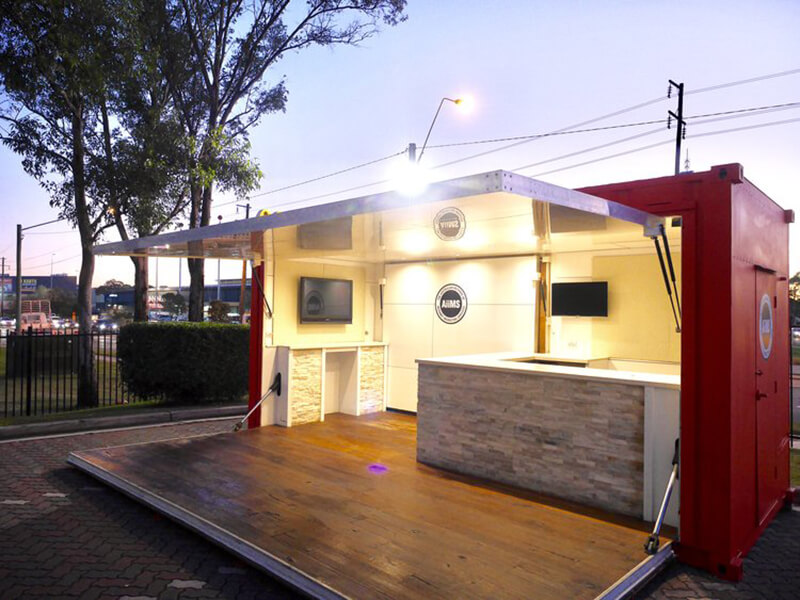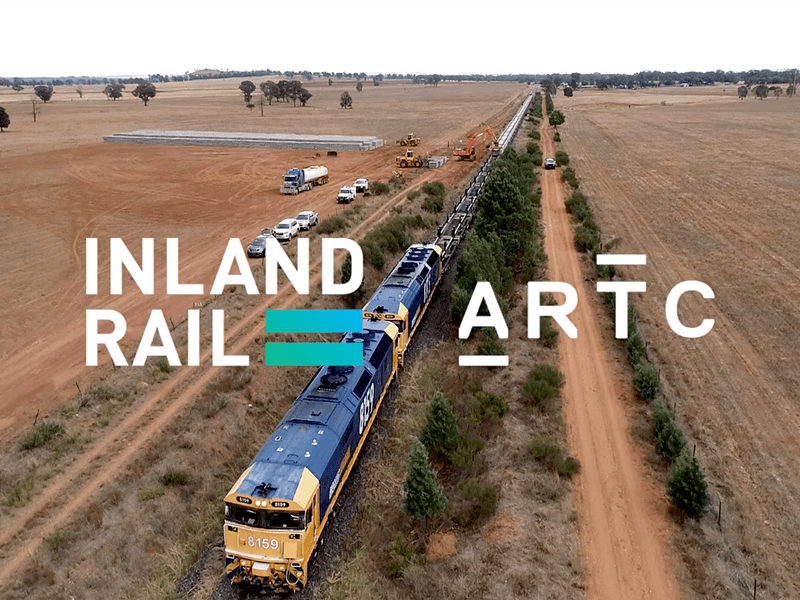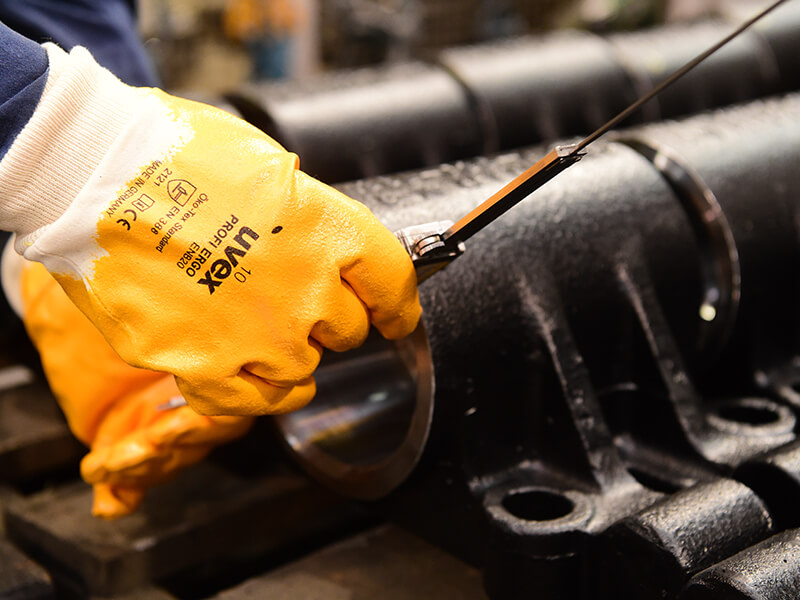
Business Feature: Regional operations, national success
With a national footprint and innovative plans for the future, Albury Wodonga was an easy choice for WOTBOX.
Read MoreIn the midst of a global waste crisis, businesses are recognising the opportunity to give waste products a second life.

Following China’s “National Sword” policy putting an immediate stop to recycled imports from Australia in 2018, we have been forced to rethink how we manage our waste.
The latest data available points out that in 2016-17 Australians generated about 67 million tonnes of waste a year1, an alarming figure indicating a need for immediate and major change.
As such, the spotlight is now on the circular economy and how we can transition from a linear economy (make, use, dispose) to a circular economy. The focus is on designing out waste and pollution, keeping products and materials in use and regenerating natural systems2.
Source: Waste and Resources Action Programme (WRAP) (2018) ‘WRAP and the circular economy’, WRAP website.
The emergence of these waste management “challenges” have opened the door for businesses to establish commercially sustainable waste management operations. And with the sector arguably in its infancy in Australia, there is significant opportunity for innovation and growth.
Start-up and expanding businesses have the chance to consider how they can process waste products including plastic, paper, cardboard, metals, glass and tyres into value-added materials.
Leveraging our Halve Waste initiative and Albury’s state-of-the-art internationally renowned Waste Management Centre, a number of initiatives provide opportunities for businesses to recover valuable materials.
“We have established various drop-off points at the landfill including the recycling centre, green waste area and push pit for general household waste,” says AlburyCity Team Leader Waste Management, Andrea Baldwin.
“Thanks to grant funding of $2M from the NSW Environment Protection Authority, we are building a new material recovery facility (MRF) to separate construction and demolition waste. This will enable the recovery of recyclable dry waste such as bricks and steel that would otherwise end up in landfill.”
Already operating locally, Plastic Forests rescue soft plastics from the food, agricultural and post-industrial industries. These materials - which would otherwise end up in landfill - are then recycled and reprocessed into value-added products. Their products include air-con mounting blocks, garden and path edging and pegs, wheel stops and electrical cable cover.
“There are many business opportunities in the circular economy space. At the moment we don’t have the capacity to accept 95% of the waste products offered to us,” says David Hodge, Managing Director of Plastic Forests.
UAG Bio Nutrients also entered the local market in recent months, collecting commercial organic waste and processing it to create a nutrient-rich soil.
The video below provides a clear and compelling explanation about the concept of the circular economy.

With a national footprint and innovative plans for the future, Albury Wodonga was an easy choice for WOTBOX.
Read More
Attracting upwards of 450 delegates, the Inland Rail Conference 2020 is set to showcase our outstanding twin cities.
Read More
Manufacturing in Albury Wodonga remains strong despite the global challenges.
Read More